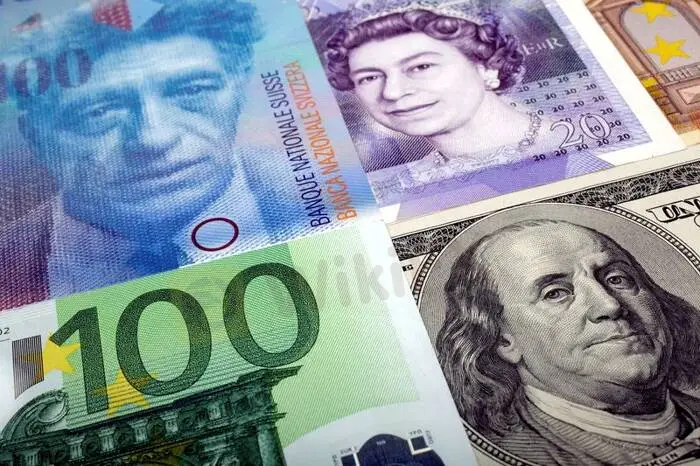简体中文
繁體中文
English
Pусский
日本語
ภาษาไทย
Tiếng Việt
Bahasa Indonesia
Español
हिन्दी
Filippiiniläinen
Français
Deutsch
Português
Türkçe
한국어
العربية
Euro rises as Russia says still open to diplomacy
Abstract:The safe-haven yen hit a near three-week high and the euro and riskier currencies fell on Tuesday as Russia ordered troops into breakaway parts of eastern Ukraine and the region stood on the brink of war.
The euro rose on Tuesday versus the dollar, after earlier falling to its lowest in more than a week, as traders hoped a war in Ukraine will be avoided after a Kremlin spokesperson said Moscow remained open to diplomacy.
Following Russian President Vladimir Putins orders for the deployment of troops in two breakaway regions in Ukraine, the euro fell to an eight-day low versus the dollar.
At 1250 GMT, the euro rose 0.4% to $1.1352 after reports the Kremlin hoped Russias recognition of two breakaway Ukrainian regions as independent would help restore calm and that Russia would recognise the current boundaries of the breakaway regions.
The euro also briefly rose versus the risk sensitive Swedish krona to hit its highest level since May 2020, and climbed 0.6% against the Swiss franc to 1.0422, after falling overnight to an one-month low of 1.033 versus the safe-haven currency.
Rising risk aversion amid a gas price surge and worries around a potential war in Ukraine have sent the euro one-month volatility to its highest in 15 months, with the West vowing sanctions in response to Putins troops in Ukraine.
“Although there is already a lot of bad news baked into the price, tensions in Ukraine have the capacity to push EUR/CHF back to the recent 1.03 low,” said Jane Foley, head of FX strategy, at Rabobank in London.
She added that the surge in European gas prices and the rise in concerns over Russian supplies to the region poses a risk to growth in Europe. That has the potential to significantly impact the timing of European Central Bank policy tightening plans, Foley said.
Another safe haven, the U.S. dollar, edged 0.2% lower at 95.938 against a basket of currencies including the euro, as investors await further developments in the crisis.
After touching a one-month low versus the dollar, the risk sensitive Norwegian crone rose 1.3% versus the dollar to 8.9 lifted by rising energy prices.
Also lending some support to the euro, a survey showed the business climate in Germany rose more than expected to 98.9 this month, from an upwardly revised 96.5 in January despite energy concerns related to Ukraine.
The U.S. and its European allies are poised to announce sanctions against Russia on Tuesday.
Cryptocurrencies were also under pressure, with bitcoin dropping to an almost three-week low of $36,347.
(Reporting by Joice Alves; Editing by Raissa Kasolowsky and Chizu Nomiyama)

Disclaimer:
The views in this article only represent the author's personal views, and do not constitute investment advice on this platform. This platform does not guarantee the accuracy, completeness and timeliness of the information in the article, and will not be liable for any loss caused by the use of or reliance on the information in the article.
WikiFX Broker
Latest News
Webull Partners with Coinbase to Offer Crypto Futures
eToro Expands Nationwide Access with New York Launch
Why Is UK Inflation Rising Again Despite Recent Lows?
Hackers Charged for $11M Crypto Theft Using SIM-Swaps
Role of Central Banks in the FX Market
FCA Alerts Against Sydney FX
What Makes Cross-Border Payments Easier Than Ever?
Trader Exposes Unethical Practices by STP Trading
Interactive Brokers Launches Tax-Friendly PEA Accounts in France
Google Warns of New Deepfake Scams and Crypto Fraud
Currency Calculator


